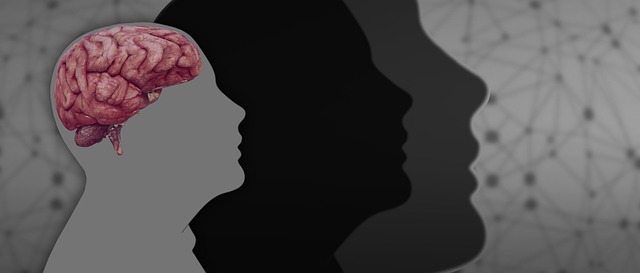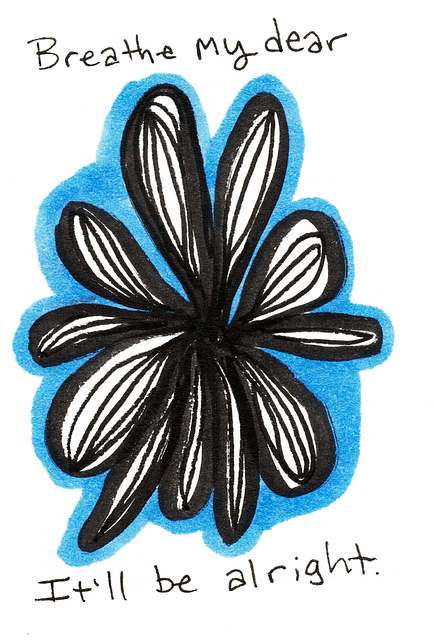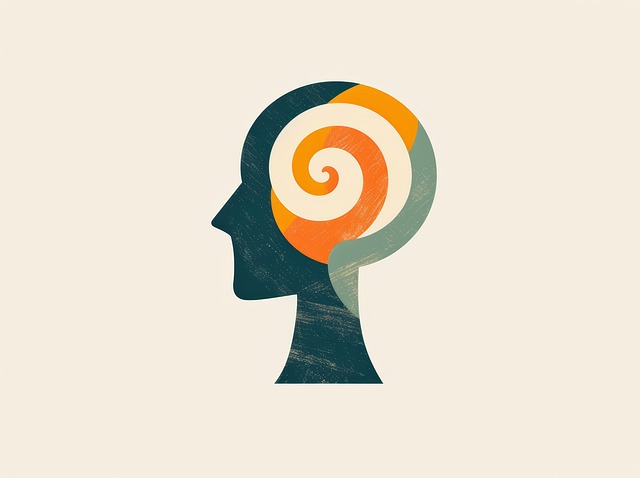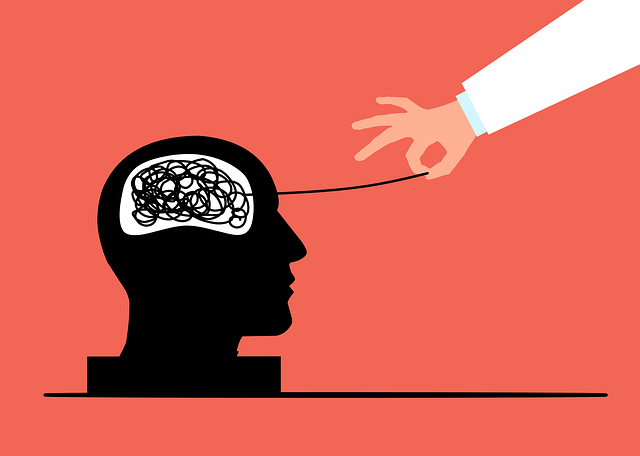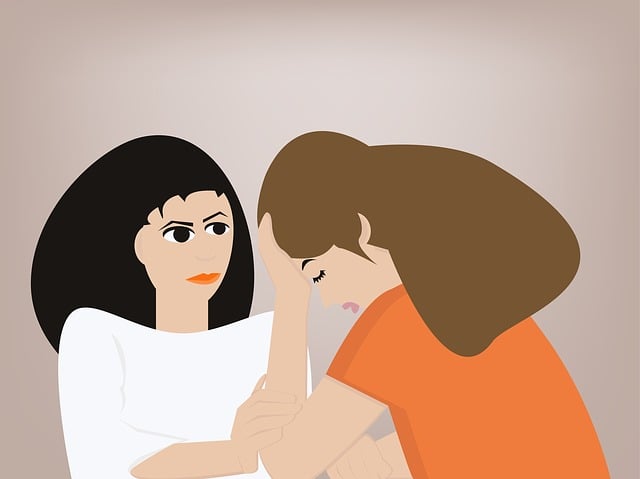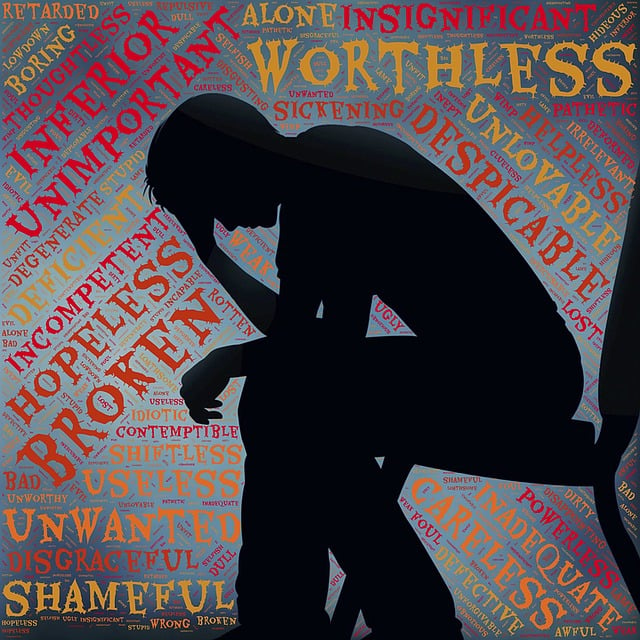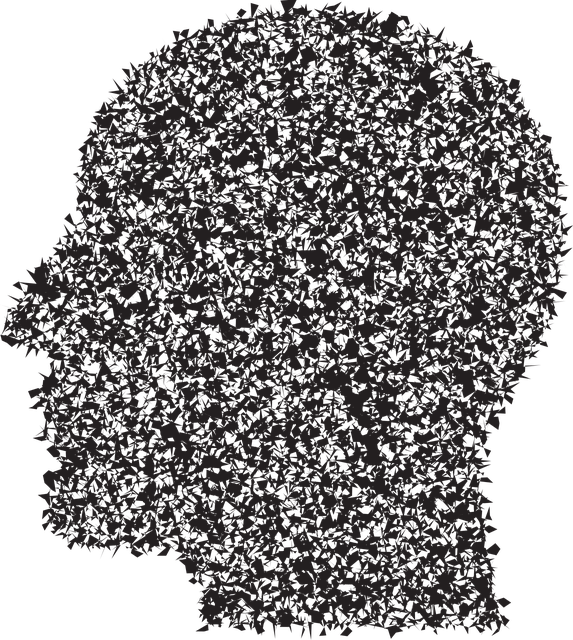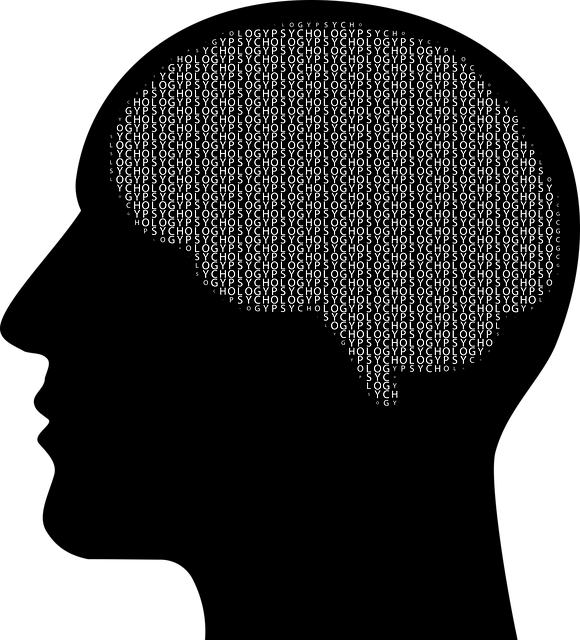Lone Tree ADD-ADHD Therapy offers a holistic approach to mood regulation for individuals with Attention Deficit Disorder – Hyperactivity (ADDH), combining crisis intervention, mindfulness meditation, and risk assessment. Effective interventions include mindfulness practice, exercise, joyful activities, therapy, and support groups. Their method integrates journaling, cognitive behavioral strategies, and emotional well-being promotion for individualized needs, ultimately achieving lasting improvements in mood regulation and overall mental wellness.
Mood regulation is a vital skill, especially for those managing conditions like ADD/ADHD. This article explores strategies to navigate and stabilize moods effectively. We delve into the significance of understanding mood regulation and its unique challenges in ADD/ADHD. Additionally, we highlight Lone Tree ADD-ADHD Therapy as a holistic approach, offering tailored solutions for optimal mood management. Discover practical tips and insights to enhance your emotional well-being.
- Understanding Mood Regulation and ADD-ADHD
- Strategies for Effective Mood Management
- Lone Tree ADDD-ADHD Therapy: A Holistic Approach to Mood Regulation
Understanding Mood Regulation and ADD-ADHD

Understanding Mood Regulation involves recognizing and managing emotional states to achieve a sense of balance and well-being. It’s a crucial aspect of mental health, particularly for individuals with Attention Deficit Disorder – Hyperactivity (ADDH), commonly known as Lone Tree ADD-ADHD Therapy. ADD-ADHD can significantly impact an individual’s ability to regulate moods, leading to periods of heightened anxiety or intense frustration.
In the context of ADD-ADHD, mood regulation strategies often include a combination of therapeutic approaches. A comprehensive risk assessment for mental health professionals is essential to tailor interventions effectively. Crisis intervention guidance plays a vital role in managing acute emotional distress. Techniques such as mindfulness meditation have been shown to help individuals with ADD-ADHD develop greater awareness and control over their emotional responses, fostering a sense of calm and improving overall mood regulation.
Strategies for Effective Mood Management

Managing one’s mood effectively is a skill that can significantly enhance overall well-being and quality of life. This involves a combination of strategies tailored to individual needs, especially for those dealing with mental illness like ADD/ADHD. Lone Tree ADD-ADHD Therapy offers valuable insights into these methods.
One key approach is mindfulness practice, which encourages individuals to stay present and observe their thoughts and emotions without judgment. Additionally, regular exercise releases endorphins, known as “feel-good” hormones, contributing to a positive mood. Engaging in activities that bring joy, whether creative hobbies or social interactions, can also serve as powerful mood regulators. Moreover, seeking support through therapy or joining support groups facilitates open discussions and reduces the stigma associated with mental illness, an aspect often amplified by public awareness campaigns and mental wellness podcast series production.
Lone Tree ADDD-ADHD Therapy: A Holistic Approach to Mood Regulation

Lone Tree ADD-ADHD Therapy offers a holistic approach to mood regulation, focusing on the interconnectedness of mental and emotional health. This innovative treatment goes beyond traditional medication or therapy by integrating various techniques tailored to individual needs. Through a combination of Lone Tree ADD-ADHD Therapy, journaling exercises, mindfulness practices, and cognitive behavioral strategies, individuals gain powerful tools for managing their emotions effectively.
By encouraging self-reflection through a Mental Wellness Journaling Exercise Guidance, this approach promotes emotional awareness and understanding. Additionally, techniques aimed at Emotional Well-being Promotion foster resilience and coping mechanisms, enabling individuals to navigate life’s challenges with greater ease. The therapeutic journey involves exploring and implementing Emotional Healing Processes, ultimately leading to lasting improvements in mood regulation and overall well-being.
In conclusion, managing mood regulation effectively is a cornerstone of addressing ADD/ADHD. By understanding the intricacies of mood dynamics and employing evidence-based strategies, individuals with ADD/ADHD can lead more balanced and fulfilling lives. Lone Tree ADD-ADHD Therapy offers a comprehensive approach, combining various techniques to tailor solutions to each individual’s unique needs, ensuring sustainable mood management and improved overall well-being.
